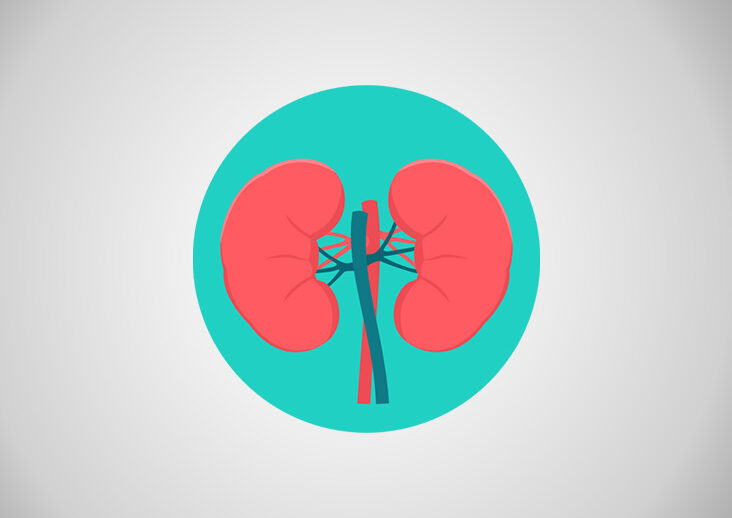Nephrology is a medical specialty that focuses on the diagnosis, treatment, and management of diseases that affect the kidneys. In a hospital setting, nephrologists work closely with other healthcare professionals to provide comprehensive care for patients with kidney-related disorders.
Here are some of the key roles and responsibilities of a nephrologist in a hospital:
- Diagnosing kidney-related conditions: Nephrologists are trained to diagnose and manage a wide range of kidney-related conditions, including acute and chronic kidney disease, glomerulonephritis, nephrotic syndrome, kidney stones, and electrolyte imbalances.
- Treating kidney-related disorders: Nephrologists may prescribe medications, dietary changes, and other interventions to treat kidney-related disorders. They may also perform procedures such as dialysis and kidney transplantation.
- Monitoring and managing dialysis treatments: Nephrologists may oversee the administration of dialysis treatments for patients with kidney failure. They may adjust treatment plans based on a patient’s response to treatment, and monitor patients for any complications.
- Collaborating with other healthcare professionals: Nephrologists work closely with other healthcare professionals, including primary care physicians, surgeons, and nurses, to provide coordinated care for patients with kidney-related disorders.
- Educating patients and their families: Nephrologists play an important role in educating patients and their families about kidney-related conditions, treatment options, and self-care strategies to help manage their condition.
Overall, nephrologists are an essential part of a hospital’s healthcare team, providing expert care for patients with kidney-related disorders and working collaboratively with other healthcare professionals to ensure the best possible outcomes for patients.

